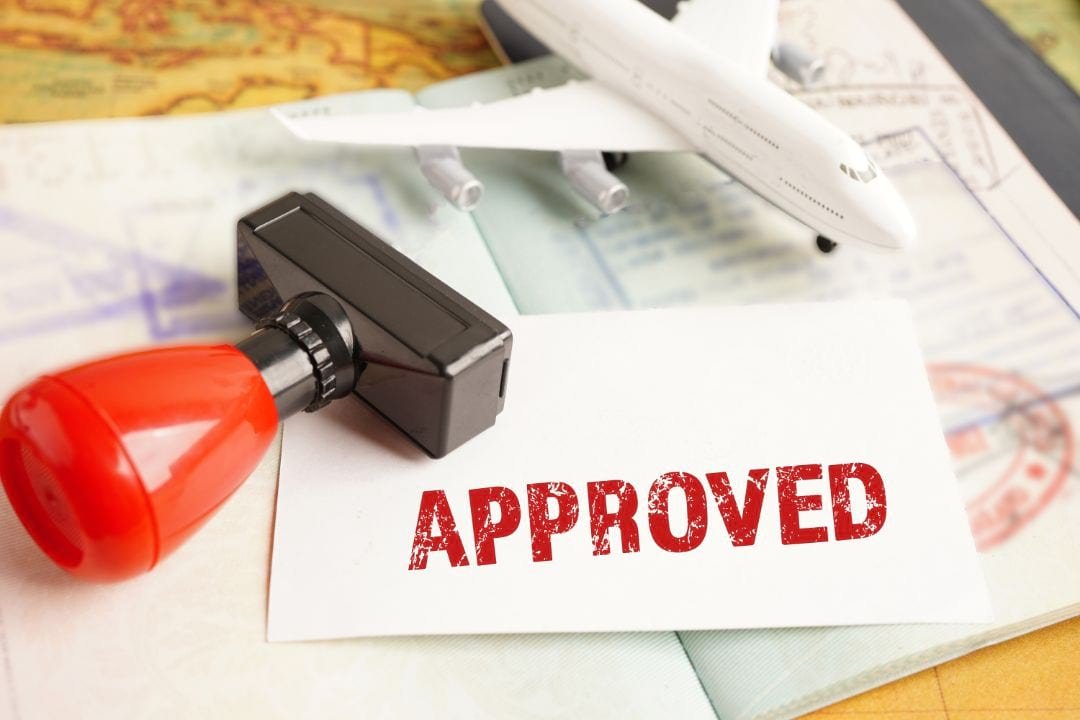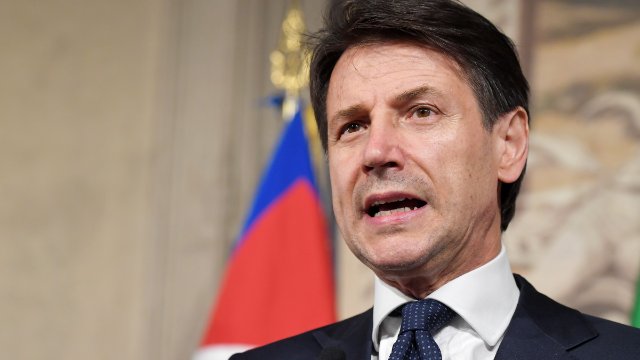

Netherlands Temporarily Stops Issuing Residency Stickers to Ukrainians Due to Lack of Raw Materials
Refugees from Ukraine with this sticker demonstrate that they are staying legally in the Netherlands because they are under the European Temporary Protection Directive, AtoZSerwisPlus.com reports.
During the last week, IND also revealed that about 45,000 residence permits had been issued for Ukrainians.
Through a statement, the IND has emphasized that until Friday, September 2, Ukrainian refugees can go to the IND for a residence permit. In addition, the issuance of these stickers is expected to resume again in October.
“In spring, the IND was tasked by the Ministry of Justice and Security to issue proof of residency to 50,000 Ukrainians. When it turned out in June that the number would be higher, new stickers were ordered from an external supplier. This supply has been delayed because of a shortage of raw materials for the authenticity feature on the stickers,” the statement reads.
According to IND, in the coming week, there will be no possibility to schedule an appointment through the online tool. The same emphasizes that as soon as there is certainty about the date of supply, it will be possible to schedule an appointment.
The IND claims that it is doing everything in its power to ensure that all Ukrainian refugees who are entitled to a sticker may receive one before October 31, 2022.
“The visa-free period will expire soon for most Ukrainians. With the sticker, they can demonstrate that they are staying legally in the Netherlands. It is expressly not a travel document. Formerly, the sticker was needed from September 1 to be able to work. This date has been moved to October 31, 2022,” the statement also explains.
Considering the situation in Ukraine, the Netherlands has shown support for refugees by opening its doors to them to provide security and shelter. As a result, the arrival of refugees has brought IND, and many other organizations, an additional task.
Thus, IND is doing everything to provide these refugees with information and proof of their residence, together with partners such as the Dutch Refugee Council.
In July, the Netherlands employed about 24,000 refugees from Ukraine, mainly in the hospitality industry. Most of the refugees started working in and around Amsterdam and in the region around The Hague.
Since the beginning of June, about 10,800 Ukrainians entered the labour force, while in April and May, there were 13,200 known to the benefits agency.


















